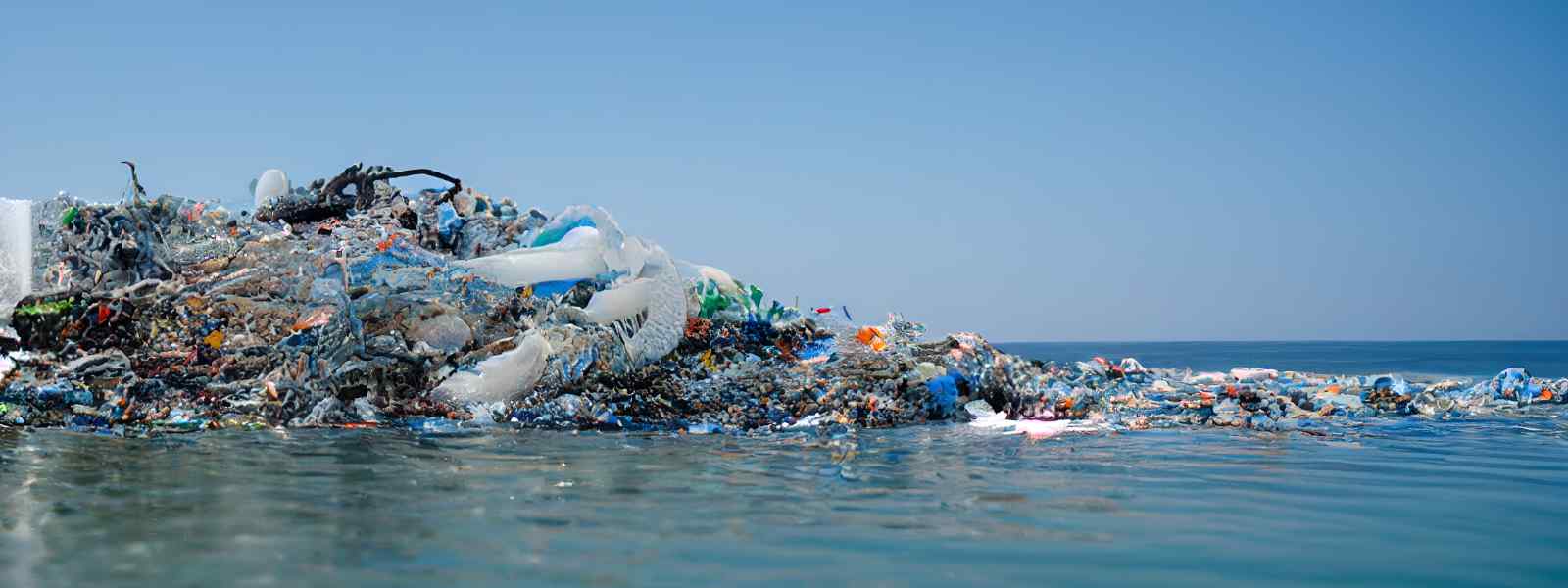
Communities should be regarded as equal partners, alongside scientists, in tackling plastic pollution, according to new research.
The study led by the University of Strathclyde in partnership with the National Oceanography Centre, calls for a radical shift in the way science engages with diverse communities to address the escalating plastic pollution crisis.
The authors argue that communities should be co-creators of research, knowledge, and actions needed to drive change, rather than passive recipients of scientific knowledge.
The research, which also involved the University of Portsmouth, urges a move away from top-down approaches that treat communities as "empty vessels" to be filled with facts and cautions against scientists assuming they can simply ‘extract’ information from communities.
Local expertise
Instead, it advocates for long-term, reciprocal engagement which places individuals’ experiences, local expertise and social justice at the centre.
Despite decades of warnings from scientists, plastic waste entering the ocean continues to rise. Estimates suggest that by 2040, up to 29 million tonnes of plastic could enter the seas each year – more than double the 2010 figure.
Strathclyde was a lead partner in the research, which originated at an event held at the National Oceanography Centre bringing together natural scientists with social sciences and humanities researchers. Lesley Henderson, Professor of Science Communication in Strathclyde’s Department of Humanities, gave a keynote talk titled Can Community Engagement Solve the Ocean Plastics Problem?
The paper has been published in the journal Microplastics and Nanoplastics.
Professor Henderson said:
In many contexts, especially in under-resourced areas, lack of formal education does not mean lack of knowledge. Scientists must be careful not to conflate the two.
Using international case studies, the research identifies four key types of community – geographical, practical, virtual, and circumstantial – and proposes new "rules of engagement" for how scientists can work with them. These include co-designing research, validating local knowledge and recognising different cultural relationships with the ocean and with plastic.
The study highlights ways in which communities are already engaging with plastic pollution on their own terms – often more effectively than institutional methods – ranging from puppet shows and participatory art to citizen science and indigenous knowledge.
In one example, Portsmouth researchers worked with 12 waste pickers to co-create a piece of theatre. The play drew on the experiences of waste pickers, exploring issues such as exclusion from policymaking, systemic discrimination and job insecurity.
Shaping policy
Performances were given for audiences including the public, the recycling industry, and policymakers attending the UN plastics treaty talks. The play gave the waste pickers a platform to advocate for inclusion and recognition and for many, leading their own event was a shift – from being subjects of policy to shaping it.
This collaborative approach contrasts with more traditional methods, where science is simply communicated to people. The researchers argue that such methods are inadequate for today's complex environmental challenges.
Dr Alice Horton of the National Oceanography Centre, a co-author of the paper, said:
Communities are not 'out there' waiting to be engaged. They are dynamic, diverse, and already playing critical roles in shaping how we understand and respond to ocean plastics.
Dr Cressida Bowyer, Deputy Director of the Revolution Plastics Institute at the University of Portsmouth and co-author of the paper, said: "Community members bring valuable insight and agency to this issue. We've seen examples from Kenya to the Philippines where local actions, often overlooked by formal science, are leading the way."
The paper’s publication precedes the continuation in August of international negotiations on a global plastics treaty in Geneva, in which 175 countries are expected to debate how to regulate the full life cycle of plastics – from production to disposal. Concerns have been voiced that these talks have so far marginalised indigenous voices and non-Western knowledge systems; the researchers warn that unless this imbalance is corrected, the treaty risks repeating the same exclusionary patterns that have hampered other global environmental efforts.
The authors argue that, for scientific research to be effective in addressing plastic pollution, it must be embedded in society – not removed from it.